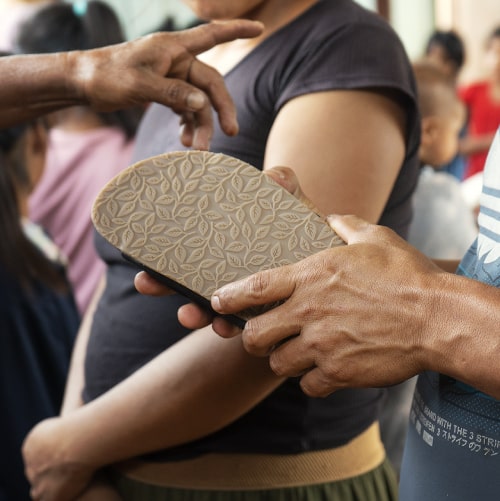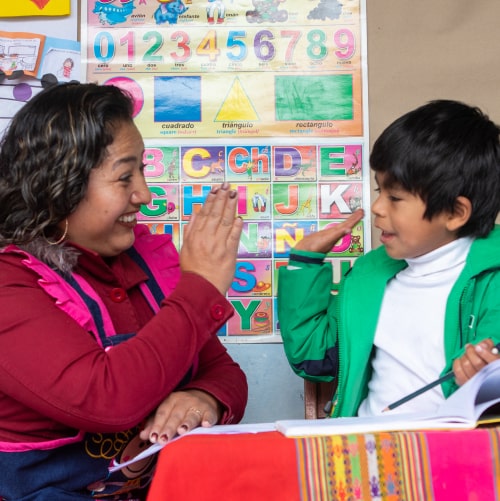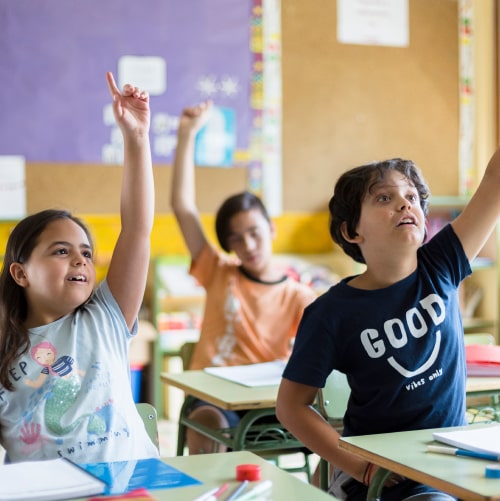Following the return of millions of Peruvian students to in-person classes, one of the most common fears is of COVID-19 infection.
Students, parents, and teachers have kept up a constant battle, for the last two years, to avoid COVID-19 infection; complying with and respecting the norms set by the Peruvian government to stop the spread of the virus. Currently, with the gradual return to in-person learning, it is impossible to not consider the existence of a fear of infection caused by the many deaths recorded in the country and the world due to the pandemic.
In the first episode of the third season of the series “Strengthening Socioemotional Skills”, specialist and educational psychologist Pilar Sanz shared relevant recommendations for teachers to learn to deal with the fear of infection from COVID-19.
A natural fear
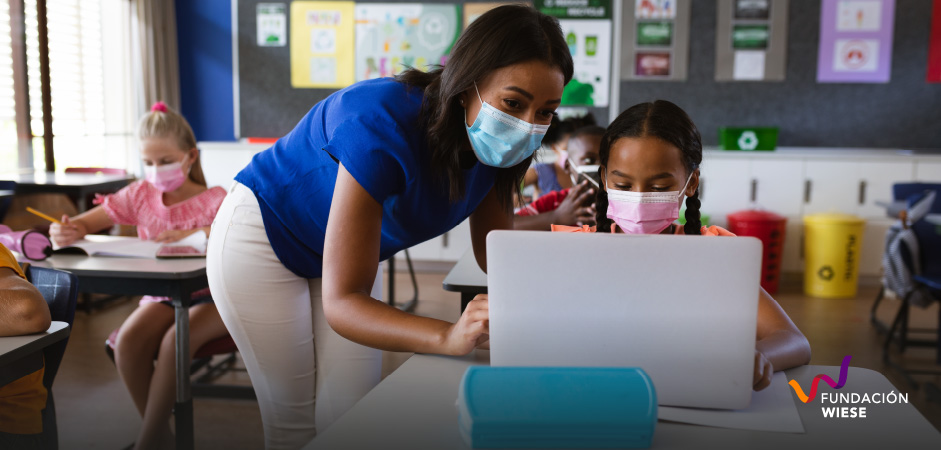
According to Pilar Sanz, being afraid of the coronavirus is completely normal. This feeling gets worse when people perceive infection as “a silent threat from asymptomatic carriers” since “it’s much harder for us to trust others”.
We must remember that fear is one of human beings’ basic emotions, and it serves an adaptive purpose, by allowing us to be alert and prepared in the face of different dangers. Because of this, according to the specialist, it is important to learn to create conditions of trust in practices of care, not only our own, but also collective ones.
“The challenge consists of transferring the sensation of trust and a safe space that we have built at home, to the school, converting it into a safe space for all as well”, adds the educational psychologist.
Knowing the panorama of the pandemic
Another important factor to keep in mind, not only at school but also in the social environment, is to know how to recognize and identify the conditions, the panorama of protection, and the risks with regard to the return to classes.
“Who is already vaccinated? What habits and daily practices do you take to care for yourself and others? What measures are being proposed in your school? What conditions does the school possess or lack to comply with the established biosafety protocols? These are some of the questions that help to reflect upon the conditions of protection and risks during the return to classes”, says Sanz.
Furthermore, keeping in mind the measures that have been established over the past months to stop the spread of the COVID-19 pandemic in the country is fundamental. Knowing the advances of vaccination in Peru, the effectiveness of the doses, and the biosafety protocols in place for public transportation will provide better security to the teacher, according to the specialist.
Space of trust
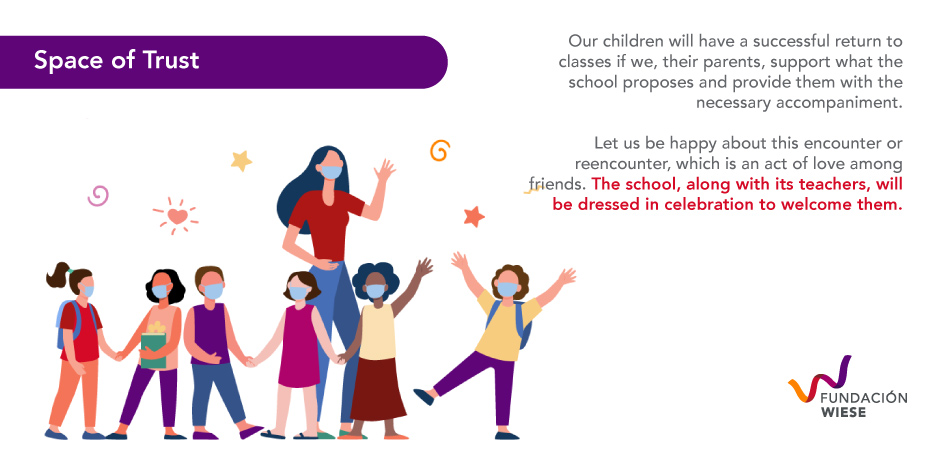
On the other hand, encouraging mutual care and responsibility among all the members of the educational center will facilitate everyone sharing the same atmosphere of trust in their work areas. To achieve this, it is necessary to express concerns related to the virus with colleagues, talk with the authorities, understand the limits of the school, establish mutual agreements, and reinforce the way in which these measures will be applied throughout the year.
Finally, it is extremely important for the teacher to be empathetic toward students, parents, and colleagues who feel truly affected by the pandemic and who might experience situations of anxiety or panic.
“To prioritize care and mitigate the possibility of infection, it is necessary to take preventive actions, but, above all: to work collectively. The capacity of the human being to co-regulate its behavior allows for the institutional network to be more effective and generate greater protection against the harmful effects of the pandemic”, concludes Pilar Sanz.




